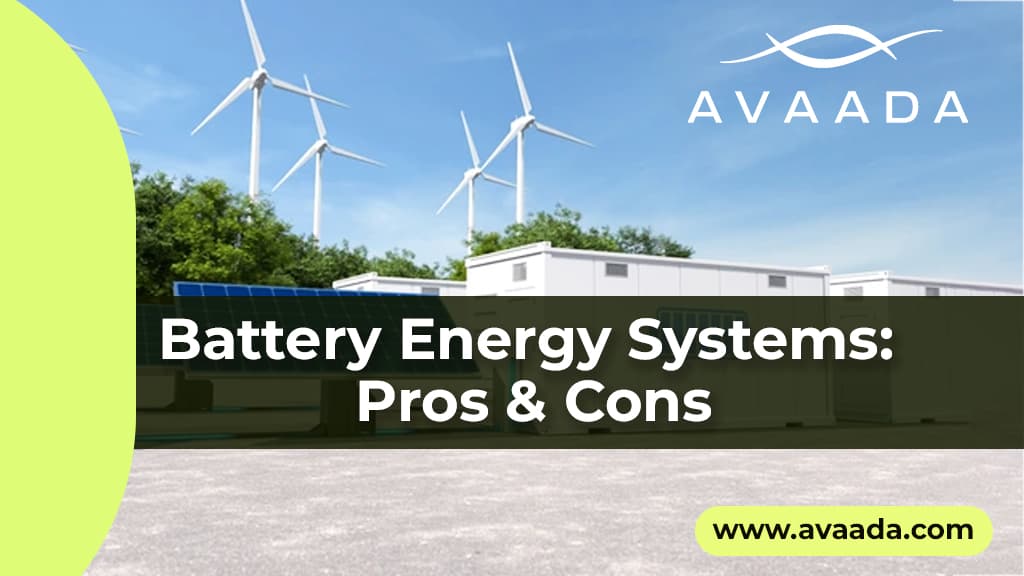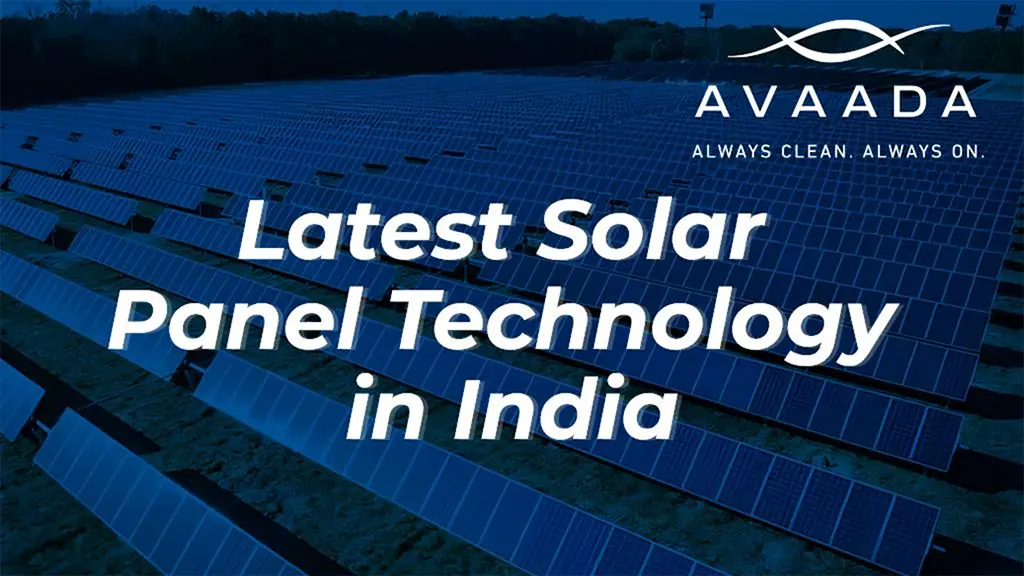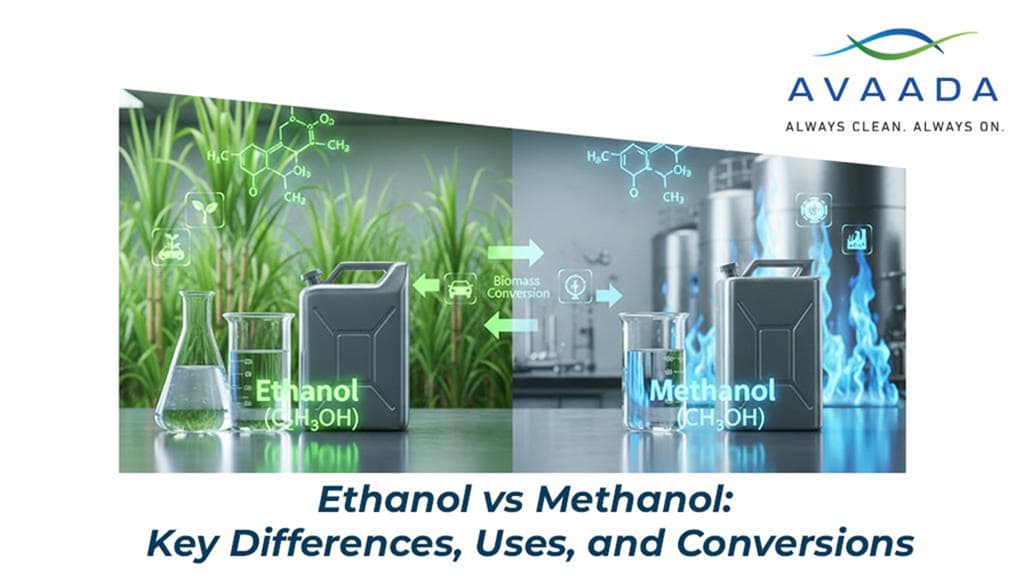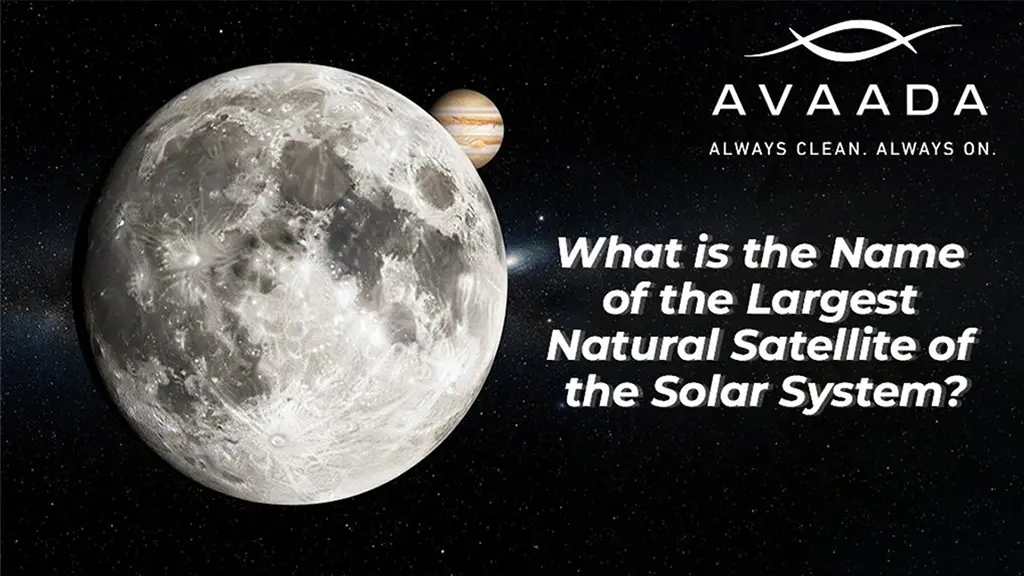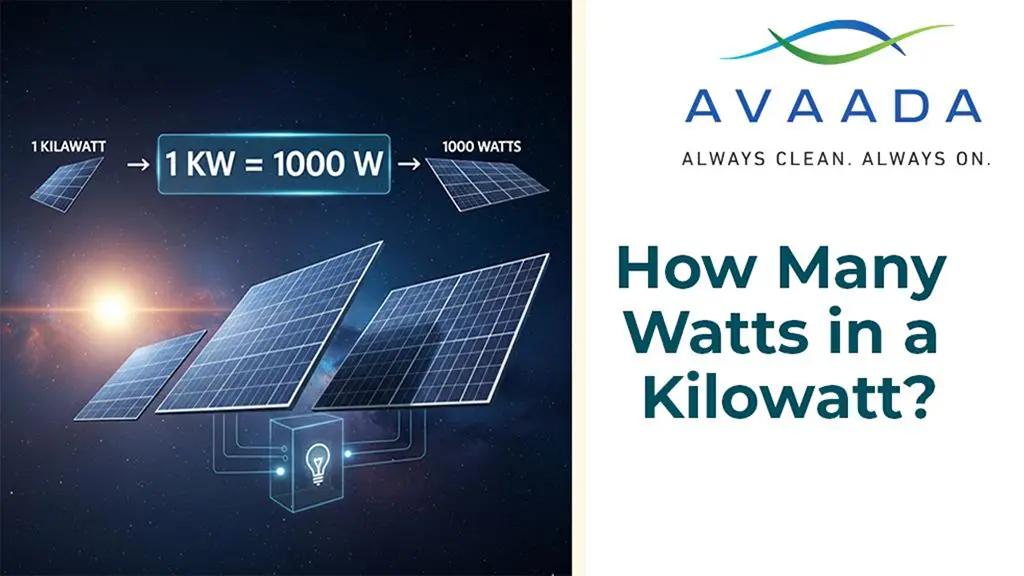The age of energy is no longer about generating electricity, it’s about storing it. As the world rushes into a clean energy transition, Battery Energy Storage Systems (BESS) are emerging as a game-changing technology to provide a secure, efficient, and responsive power supply. Especially in countries like India that are witnessing a surge in the adoption of renewable energy, BESS has emerged as a cornerstone in achieving energy independence and grid resilience.
Clean energy pioneers like Avaada are investing in battery storage to complement solar and wind energy. In this blog, we explore the advantages, limitations, and real-world applications of BESS and how it fits into the bigger picture of India’s green energy future.
What is BESS?
Battery Energy Storage Systems (BESS) are battery systems that accumulate energy from sources, mainly solar and wind, and release it when needed. As opposed to conventional means of energy storage like pumped hydro, BESS can be installed almost anywhere and is highly scalable, from small household units to grid-scale storage farms.
Benefits of Battery Energy Storage Systems
Grid Stability and Reliability
One of the greatest advantages of BESS is that it can balance the supply and demand of power. With growing reliance on intermittent sources such as solar and wind, it becomes difficult to maintain frequency and voltage on the grid. BESS can counter fluctuations within milliseconds, ensuring grid frequency regulation and stability.
Time-Shifting of Renewable Energy
Solar energy is maximum at midday, but energy demand is generally maximum in the evening. The extra electricity generated during the day is stored by BESS and released at the time of high consumption. This time-shifting feature maximises renewable power usage.
Reduced Fossil Fuel Use
BESS can substitute diesel generators in off-grid or remote areas, minimising carbon footprints and fuel costs. They are therefore most suitable for rural electrification in a country like India, where clean energy availability is of maximum priority.
Emergency Backup and Resilience
BESS enables instant backup power in case of a power failure. It is very well suited for mission-critical infrastructure, data centres, and hospitals where there is no scope for downtime.
Facilitates Electric Vehicle (EV) Infrastructure
With the pace of EV adoption growing, fast-charging stations must be powered reliably. BESS can supply such loads and prevent overloading of the regional grid.
To learn more about pumped hydropower storage, explore our blog on “Types of PumpTed Storage“
Smart Grids and Microgrids Integration
BESS is part of smart grid technologies via enhanced energy management, forecasting, and automation. It is also crucial for the growth of renewable microgrids in industrial campuses and remote communities.
Disadvantages of Battery Energy Storage Systems
High Upfront Cost
While falling battery costs, the upfront cost of a BESS, batteries, inverters, safety measures, and software is still rather expensive. That can deter small-scale developers and buyers in the absence of incentives or subsidies.
Battery Degradation Over Time
All batteries lose their efficiency with usage and time. Lithium-ion battery performance, the most common battery type used in BESS, deteriorates after a few thousand charge-discharge cycles, impacting long-term efficiency.
Green Issues in Production and Disposal
Manufacturing of batteries entails mining raw materials like lithium, cobalt, and nickel, which is environmentally and ethically problematic. In addition, spent battery disposal and recycling are still an issue in the majority of countries, including India.
Fire Risk and Safety
Even though rare, battery systems have the potential to lead to thermal runaway risk, leading to fires if not properly managed. Safe procedures and battery management systems (BMS) need to be put in place.
Application of BESS in India and the Rest of the World
With growing power demand and goals for renewable energy, India is a promising market for energy storage solutions. Companies like Avaada are developing large-scale BESS projects to cater to national goals such as 500 GW of non-fossil fuel capacity by 2030 and a net-zero goal for 2070.
Renewable Energy Integration
BESS facilitates the smooth integration of solar and wind farms on a large scale into the grid. Avaada, for example, is integrating BESS into its hybrid power plants to offer firm and dispatchable renewable energy, a critical policy sector in India.
Pumped Storage Alternatives
While pumped hydro storage has been India’s traditional energy storage choice, BESS offers a site-independent and modular alternative. Avaada also has Pumped Storage Projects (PSPs) in Maharashtra and is venturing into battery-based storage too.
Urban Grid Support
With Indian cities growing and power needs increasing, BESS can ease the pressure from the grid, particularly at peak demand or seasonal highs.
Learn more about the Energy Storage – the Next Challenge in the Energy Transition
Remote Villages and Islands
BESS connected with solar microgrids enables rural electrification in remote and tribal areas where grid extension is not feasible.
Commercial and Industrial (C&I) Sector
Industrial businesses and companies can adopt BESS to save on peak demand charges and enable round-the-clock operations. It also enables improved integration of rooftop solar.
EV Charging Stations
With growing electric mobility, BESS helps to charge EVs during off-peak hours and discharge during peak hours, creating smart EV charging hubs.
Contribution of Avaada in the Adoption of BESS
India’s leading renewable energy company, Avaada, is actively investing in installing BESS in its solar and hybrid power projects. With a strategic intent in line with India’s master plan of clean energy, Avaada is investing in:
- Battery Energy Storage Systems
- Pumped Storage Projects
- Green Hydrogen and Ammonia production
- Integrated solar production
With innovation, sustainability, and a positive impact on the community, Avaada is building infrastructure, transforming India’s energy tomorrow.
Conclusion
BESS is the Future of Energy in India
India is marching towards a cleaner, sustainable energy mix, and Battery Energy Storage Systems will be the signature of its achievement. While there are some problems, the benefits of BESS outweigh its drawbacks to a large extent, especially when installed with vision and integrity. With leaders like Avaada leading the charge, the path towards 24/7 clean energy, grid resilience, and energy independence is nearer than ever.


